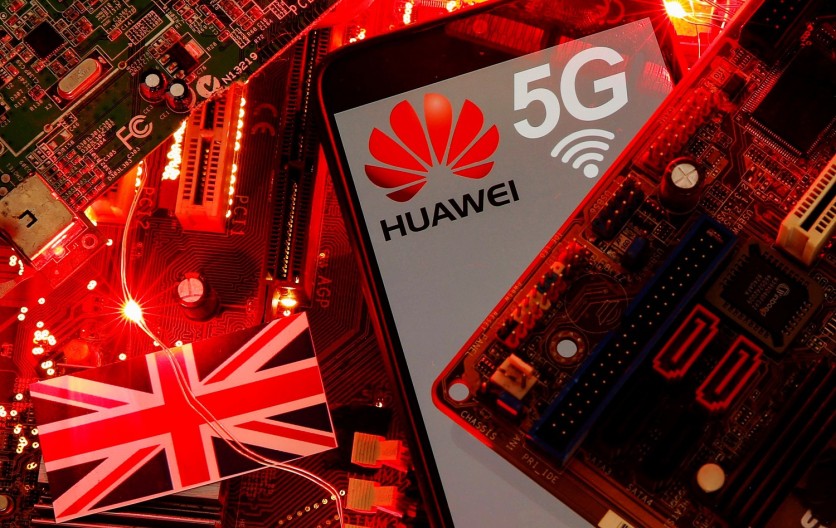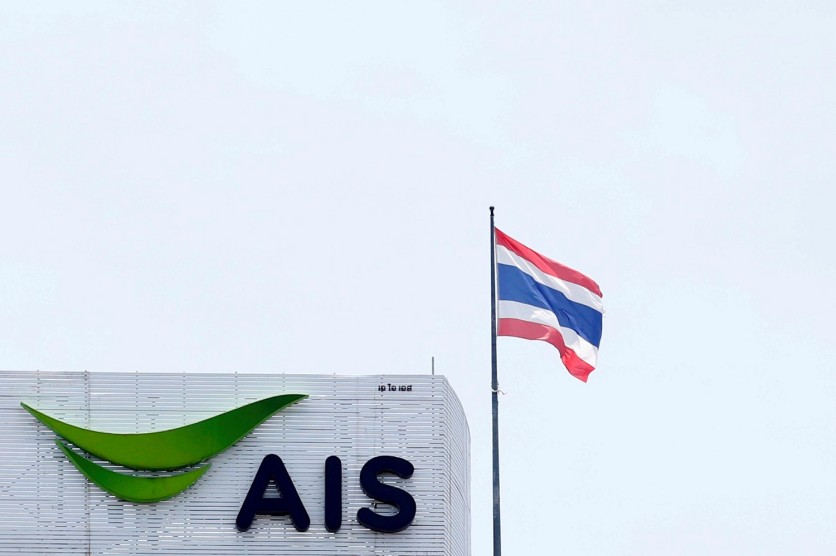The Chinese ambassador to the United Kingdom criticized the government for eliminating Huawei from the British 5G network claiming the high-risk accusations were "fabricated," according to Express.co.
This follows UK's culture secretary Oliver Dowden's announcement of removing the Chinese company from Britain's 5G network by 2027, tagging Huawei as a "high-risk vendor."

The China's ambassador to the U.K. Liu Xiaoming turned to social media saying Huawei leads 5G technology, which covers 40% of the total market in China and across the globe.
"The UK made the decision based on unwarranted and fabricated accusations about security risk," Liu said on Twitter. He also added that eliminating Huawei's technology is like "rejecting the future."
#Huawei is a leader in 5G, covers 40% of China's total market&has 40% market share around world. UK made decision based on unwarranted & fabricated accusations about security risk. As I said, rejecting Huawei is rejecting the opportunity and rejecting the future. https://t.co/TOw5FAEN7u — Liu Xiaoming (@AmbLiuXiaoMing) July 19, 2020
Meanwhile, The Guardian reported on Saturday, July 18, that the British government talked to Huawei about the alleged "geopolitical" reasons that led to its rejection in the UK 5G network.
Huawei's senior executives appeared to the public in the hope the British government will reconsider their decision. However, such admission from the government contradicts Dowden's earlier statement that the US' restrictions on the tech company played a part in their decision. "The National Cyber Security Centre has reviewed the consequences of the US' actions," Dowden said last week.
Dowden also said, "the UK can no longer be confident it will be able to guarantee the security of future Huawei 5G equipment" as changes in the US rules foreign direct product rules create uncertainty over the tech company's supply chain.
Starting January 1, 2021, Huawei 5G kits installation will no longer be allowed across the UK.
Not only in the UK, but also in Southeast Asia
Aside from the concerns raised by the U.S. and U.K. over Huawei's technologies, the company is also having shaky stature in Southeast Asia.
According to the Nikkei Asian Review, Huawei 5G has been aggressively expanding in Southeast Asia with costs that are roughly 30% cheaper than those of Ericsson and Nokia.
With recent partnerships with Thailand's largest mobile operator Advanced Info Service, Malaysia's Maxis, Globe Telecom in the Philippines as well as in Cambodia, Huawei has secured its dominance among Southeast Asian countries.

However, recent developments may topple the Chinese company's supremacy as European countries also race to expand in Southeast Asia.
Last month, major telecom operators in the region's richest and most technologically advanced nation picked the European companies over Huawei, although the Singaporean government denied rejecting the Chinese maker.
Singapore Telecommunications and StarHub-M1 respectively chose to partner with Ericsson and Nokia for their 5G network, which they plan to launch in January. Similarly, Thailand's True Corp also inked a deal with Ericsson in April to provide a radio access system for the telecom's national 5G network that will cover three regions in the country.
Meanwhile, Vietnam's Viettel is working with Nokia to develop its 5G network and bypass the existing Huawei 5G devices.
With the increased use of the internet for e-learning, e-commerce, remote work, and video streaming during the coronavirus pandemic, telecom operators in the region set to launch their 5G services. Companies aim to fulfill the current demands for high-speed internet infrastructure.
A research associate at consulting firm Frost & Sullivan Sofea Zukarnain told the Nikkei Asian Review that most countries choose their 5G vendor partner "based on the requirements imposed by regulators or the government." These include security conditions that the vendor must comply with.
Read also: China's Advance Air-To-Ground Missile Had Been Successfully Tested--It Could Destroy Even Ships
ⓒ 2026 TECHTIMES.com All rights reserved. Do not reproduce without permission.




